
Cyberinfrastructure and Services for
Science & Engineering Workshop
May 7, 2025 | 8:00 a.m. - 5:00 p.m.
Marcus Nanotechnology Building 1116 - 1118
345 Ferst Dr NW, Atlanta, GA 30332
Register Here!
This one-day workshop introduces Georgia Tech faculty to the cyberinfrastructure (CI) resources, technologies, and services available to support research and teaching—both at the institute and through national platforms.
Participants will also have the hands-on opportunity to explore the resources available for research through Georgia Tech PACE and through ACCESS.
This workshop is supported by the IDEaS ARTISAN group, which provides cyberinfrastructure for Georgia Tech faculty. Through the NSF-funded Cybershuttle project (Cybershuttle), participants will have access to advanced computational tools and data - sharing platforms to enhance their research capabilities.
Register Here!
SPEAKERS
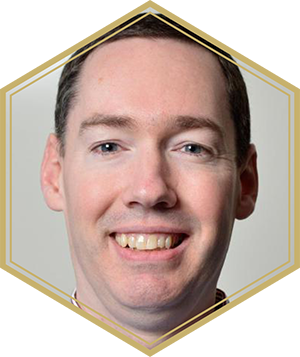 Jim Basney | Principal Research Scientist - National Center for Supercomputing Applications, University of Illinois at Urbana-Champaign
Jim Basney | Principal Research Scientist - National Center for Supercomputing Applications, University of Illinois at Urbana-Champaign
James Basney received the PhD degree in computer sciences from the University of Wisconsin-Madison, in 2001. He is a principal research scientist with the Cybersecurity Group, National Center for Supercomputing Applications, University of Illinois at Urbana-Champaign. His area of expertise is identity and access management for scientific collaborations. He is the PI of the SciAuth and Trusted CI projects.
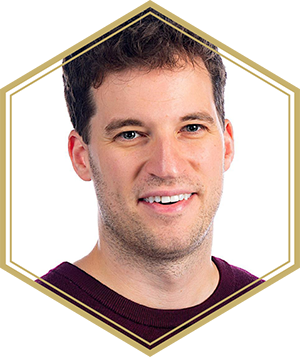 Spencer Bryngelson | Assistant Professor - School of Computational Science and Engineering, Georgia Institute of Technology
Spencer Bryngelson | Assistant Professor - School of Computational Science and Engineering, Georgia Institute of Technology
Spencer Bryngelson is a tenure-track assistant professor in the College of Computing at Georgia Tech. Previously, he was a senior postdoctoral researcher at Caltech (with Professor Tim Colonius). He has been a visiting researcher at MIT (with Professor Themis Sapsis) and a postdoctoral researcher at the Center for Exascale Simulation of Plasma-Coupled Combustion (XPACC). He received his Ph.D. and M.S. in Theoretical and Applied Mechanics from the University of Illinois at Urbana–Champaign in 2017 and 2015, working with Professor Jonathan Freund. In 2013, he received B.S. degrees in both Mechanical Engineering and Mathematics from the University of Michigan–Dearborn.
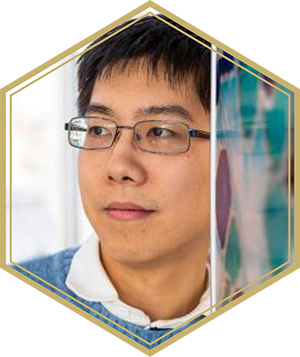 Victor Fung | Assistant Professor - School of Computational Science and Engineering, Georgia Institute of Technology
Victor Fung | Assistant Professor - School of Computational Science and Engineering, Georgia Institute of Technology
Victor Fung comes to Georgia Tech from Oak Ridge National Laboratory where he was a Eugene P. Wigner Fellow working in the Center for Nanophase Materials Sciences (CNMS). He obtained his B.A. in Chemistry from Cornell University and his Ph.D. in Chemistry from the University of California, Riverside. His research seeks to harness the power of computing and machine learning to accelerate the chemical discovery process, with the eventual goal of fully realizing materials by inverse design. This includes developing novel methods and tools which incorporate chemical information to model phenomena at the atomic scale, as well as design new materials from the ground up, atom-by-atom. His work also involves establishing automated, data-driven and domain-informed ecosystems for materials and chemical discovery which can be deployed on the latest supercomputers.
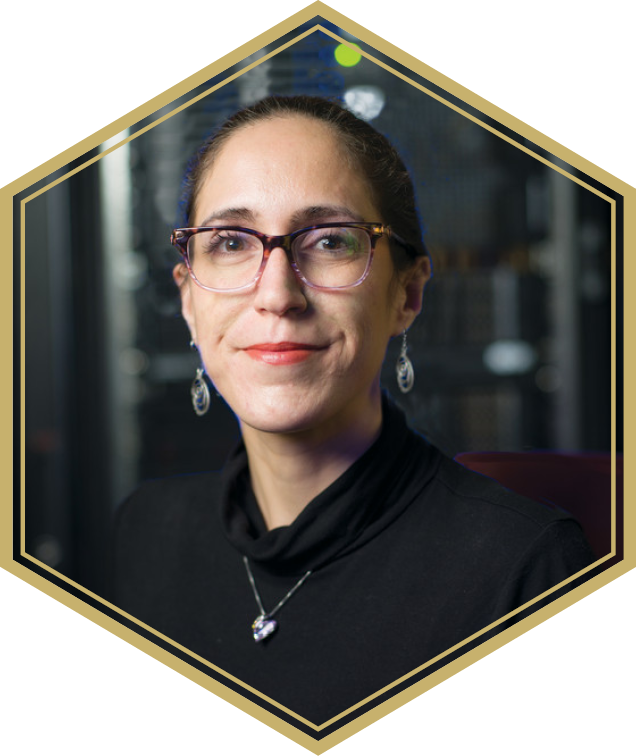 Lynn Kamerlin | Professor and Georgia Research Alliance Vasser Woolley Chair in Molecular Design - School of Chemistry and Biochemistry, Georgia Institute of Technology
Lynn Kamerlin | Professor and Georgia Research Alliance Vasser Woolley Chair in Molecular Design - School of Chemistry and Biochemistry, Georgia Institute of Technology
Lynn Kamerlin received her Master of Natural Sciences from the University of Birmingham (UK), in 2002, where she remained to complete a PhD in Theoretical Organic Chemistry under the supervision of Dr. John Wilkie (awarded 2005). Subsequently, she was a postdoctoral researcher in the labs of Stefan Boresch at the University of Vienna (2005-2007), Arieh Warshel at the University of Southern California (2007-2009, Research Associate at the University of Southern California in 2010) and Researcher with Fahmi Himo (2010). She is a Professor and Georgia Research Alliance – Vasser Wooley Chair of Molecular Design at Georgia Tech, a Lise Meitner Professor at Lund University (from January 2025), a Fellow of the Royal Society of Chemistry, and a Senior Editor of Protein Science. She has also been a Wallenberg Scholar, the recipient of an ERC Starting Independent Researcher Grant (2012-2017) and the Chair of the Young Academy of Europe (YAE) in 2014-2015.
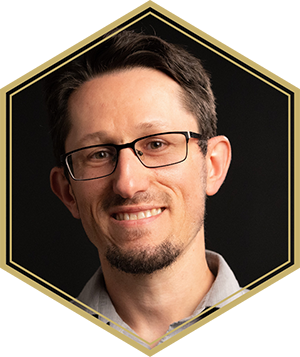 Zsolt Kira | Associate Professor - School of Interactive Computing, Georgia Institute of Technology
Zsolt Kira | Associate Professor - School of Interactive Computing, Georgia Institute of Technology
Zsolt Kira is an Associate Professor at the Georgia Institute of Technology and Associate Director of Georgia Tech’s Machine Learning Center. His work lies at the intersection of machine learning and artificial intelligence for sensor processing, perception, and robotics, emphasizing the fusion of multiple sources of information for scene understanding. Current projects and interests relate to moving beyond current limitations of machine learning to tackle unsupervised/semi-supervised methods, continual/lifelong learning, and adaptation as well as distributed perception across heterogeneous robot/sensor teams. Dr. Kira has grown a portfolio of projects funded by NSF, ONR, DARPA, and the IC community. He also has won several best paper/student paper awards, taught several graduate and undergraduate machine/deep learning courses at Georgia Tech, and been invited to speak at related workshops in both academia and the within the DoD.
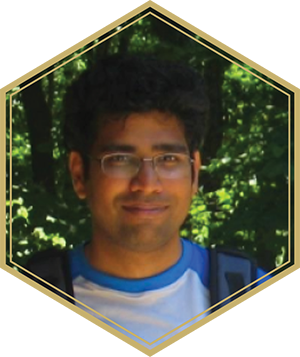 Giri Krishnan | Associate Director- Center for Artificial Intelligence in Science and Engineering (ARTISAN) & Principal Research Scientist
Giri Krishnan | Associate Director- Center for Artificial Intelligence in Science and Engineering (ARTISAN) & Principal Research Scientist
Dr Krishnan is research professor in the Georgia Tech’s Interdisciplinary Research Institute, Institute for Data Engineering and Science, School of Computational Science and Engineering, College of Computing. He is an associate director of the Center for AI in Science and Engineering. His current interest is in developing AI methods for computational science problems across many domains. He is a computational neuroscientist by training, with past work spanning across a wide range of computational modeling and AI methods. His group's current focus is on generative methods for computational workflow, neural approaches for accelerating compute intensive problems and applying interpretable methods to scientific AI for advancing scientific understanding.
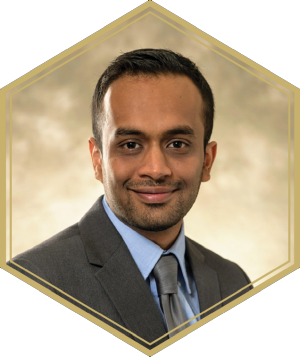 Aditya Kumar | Assistant Professor - School of Civil & Environmental Engineering, Georgia Institute of Technology
Aditya Kumar | Assistant Professor - School of Civil & Environmental Engineering, Georgia Institute of Technology
Dr. Aditya Kumar joined the School of Civil and Environmental Engineering at the Georgia Institute of Technology in August 2022. Previously, he was a Postdoctoral Research Associate in the Department of Aerospace Engineering and Beckman Institute at the University of Illinois, Urbana-Champaign.
His research interests broadly lie in the development of theoretical and computational tools to study fundamental phenomena in solid mechanics and materials, particularly soft heterogeneous materials. Recent areas of interest include fracture and healing in elastomers, adhesives and biological tissues; multi-physics modeling of the additive manufacturing process in polymers cured with frontal polymerization; and nonlinear homogenization of viscoelastic behavior.
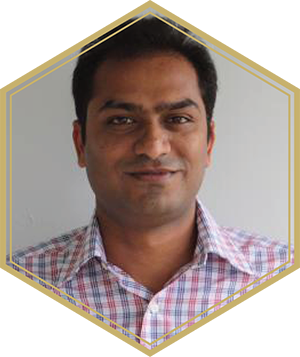 Suresh Marru | Director - Georgia Tech Center for Artificial Intelligence in Science and Engineering (ARTISAN), Research Professor - Institute for Data Engineering and Science (IDEaS)
Suresh Marru | Director - Georgia Tech Center for Artificial Intelligence in Science and Engineering (ARTISAN), Research Professor - Institute for Data Engineering and Science (IDEaS)
Suresh Marru is a research professor dedicated to advancing science and engineering through AI and cyberinfrastructure. Over the past two decades, he has focused on accelerating and democratizing computational science. His work includes the development of science gateways and the pioneering of the Apache Airavata distributed systems framework.
In his current role as the Director of Georgia Tech's ARTISAN Center, his team is at the forefront of pioneering efforts to integrate AI into diverse scientific domains. His group is dedicated to bridging the gap between theory, experimentation, and computation by fostering open-source integration frameworks. These frameworks automate research processes, optimize complex models, and integrate disparate scientific data with simulation engines.
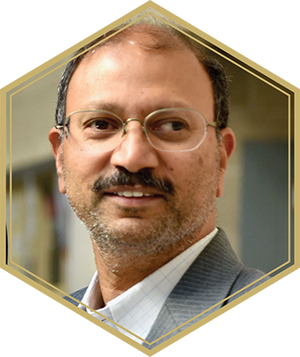 Sudhakar Pamidighantam | Associate Director - Center for Artificial Intelligence in Science and Engineering(ARTISAN), Principal Research Scientist - Institute of Data Engineering and Science (IDEaS)
Sudhakar Pamidighantam | Associate Director - Center for Artificial Intelligence in Science and Engineering(ARTISAN), Principal Research Scientist - Institute of Data Engineering and Science (IDEaS)
Dr. Sudhakar Pamidighantam, a principal scientist in the Institute of Data Engineering and Science (IDEaS) and associate director for the center of Artificial Intelligence in Science and Engineering(ARTISAN), has been developing and deploying production cyberinfrastructures for various disciplines such as chemistry and physics supported by NSF. He is a project management committee (PMC) member of the Apache Airavata Science Gateway middleware framework. He deployed Chemviz, the chemistry educational portal with integration of NCSA Condor resources during 90s and developed GridChem cyber infrastructure during 2005 and his most recent cyberinfrastructure project is the Science and Engineering Applications Grid (SEAGrid, SEAGrid.org). He currently leads software development for AMOSgateway for atomic, molecular and optical sciences and SMILES gateway for small molecule ionic isolation lattices data.
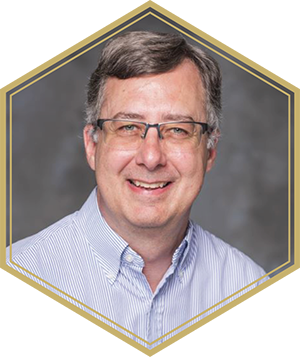 David Sherrill | Executive Director (Interim) - Institute for Data Engineering and Science, Regents' Professor - School Chemistry and Biochemistry, Georgia Institute of Technology
David Sherrill | Executive Director (Interim) - Institute for Data Engineering and Science, Regents' Professor - School Chemistry and Biochemistry, Georgia Institute of Technology
Research in the Sherrill group focuses on the development of ab initio electronic structure theory and its application to problems of broad chemical interest, including the influence of non-covalent interactions in drug binding, biomolecular structure, organic crystals, and organocatalytic transition states. We seek to apply the most accurate quantum models possible for a given problem, and we specialize in generating high-quality datasets for testing new methods or machine-learning purposes. We have developed highly efficient algorithms and software to perform symmetry-adapted perturbation theory (SAPT) computations of intermolecular interactions, and we have used this software to analyze the nature of non-covalent pi-interactions in terms of electrostatics, London dispersion forces, induction/polarization, and short range exchange-repulsion.
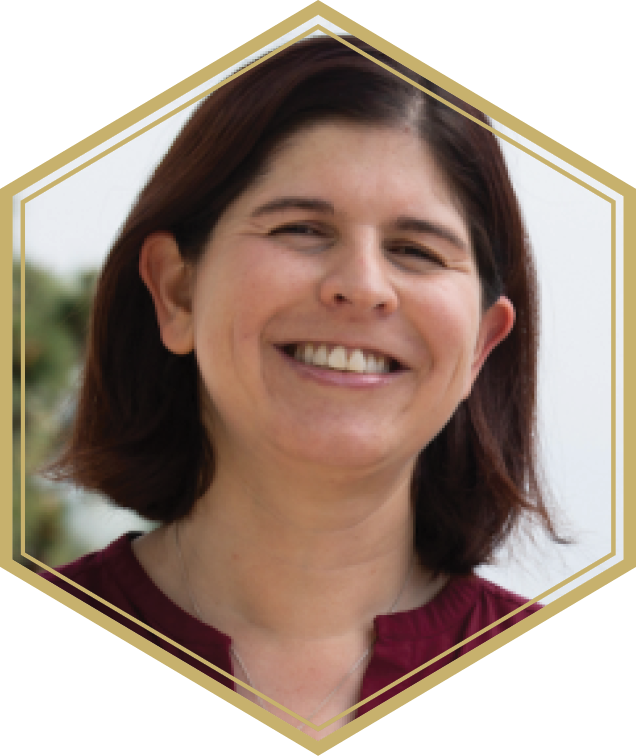 Shava Smallen | University of California San Diego
Shava Smallen | University of California San Diego
Shava Smallen received the BS and MS degrees from the Department of Computer Science and Engineering at the University of California, San Diego, in 1998 and 2001. She is a research programmer at the San Diego Supercomputer Center. Her current research interest is in Grid computing.




